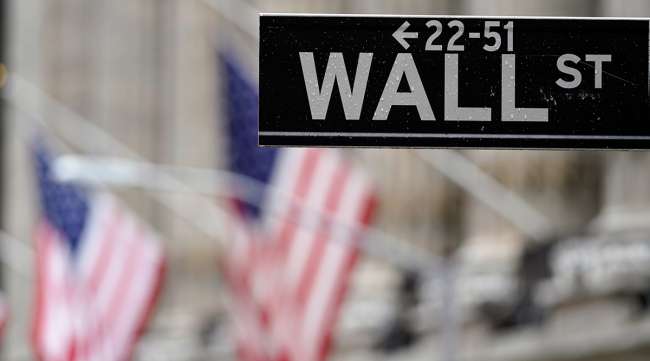Bloomberg News
Gas Futures Shrug Off Cyberattack on Pipeline

[Stay on top of transportation news: Get TTNews in your inbox.]
A rally in gasoline futures lost steam as traders expect there will be enough fuel supply to meet demand after a cyberattack led to the shutdown of the largest U.S. oil-products pipeline. Crude futures reversed gains.
Colonial Pipeline Co., a supplier of fuels to the eastern U.S., was forced to halt operations late May 7 and said May 9 that it’s still working toward a restart of the key artery that’s vital to energy flows across the country. Gasoline futures earlier surged as much as 4.2% to the highest mark since May 2018 on May 10. Meanwhile, oil futures slipped as at least one U.S. Gulf Coast refiner cut processing rates with plentiful fuel supply in the region, hurting demand for crude.
It’s unclear when the pipeline will fully restart. Some tankers are already being booked to supply fuel from Europe to the U.S. East Coast, and one owner said if the outage persists products could be drawn from as far afield as Asia.
“Everything hinges on duration,” said Tom Finlon of Brownsville GTR, a trading and logistics firm based in Houston. “If this lingers, it is going to be a problem. If this takes a week, there will be significantly tighter gasoline in the Northeast and a huge spike in retail prices.”
Prices:
- Gasoline futures gained 0.3% to settle at $2.1334 a gallon
- West Texas Intermediate crude for June delivery rose 2 cents to end the session at $64.92 a barrel
- Brent crude for July settlement added 4 cents to $68.32 a barrel
While the pipeline disruption is so far not making huge waves in futures markets, traders say that could change if the issue isn’t resolved in short order. A lengthy disruption could prove ill-timed ahead of an impending demand surge with the summer travel rush beginning in the world’s largest oil-consuming country.
“It’s definitely unprecedented in this scale,” Amrita Sen, chief oil analyst at consultant Energy Aspects, said in a Bloomberg Television interview. “I think the pipeline, and just generally everything, should be back up and running in about three to five days, but never say never.”
The Colonial network is the main source of gasoline, diesel and jet fuel for the East Coast, with capacity of about 2.5 million barrels a day on its system from Houston to as far as North Carolina, and another 900,000 barrels to New York. U.S. gasoline stockpiles have hovered near a four-month low since March, while distillate inventories are just below the five-year average for this time of year.
The shutdown is likely to cause fuel pileups, as well as shortages, along different parts of the extended supply chain, and there’s concern that some refineries may be forced to reduce processing rates.
“The reality, the real math, is that if refiners are forced to pull back on their refinery utilization rate, they will be making less gasoline and thus will be using less crude oil,” said Bob Yawger, head of the futures division at Mizuho Securities.
U.S. Gulf Coast spot gasoline prices slipped on May 10 to the biggest discount to Nymex futures in more than a year.
Traders and shippers are seeking vessels to deliver gasoline that would have otherwise gone via the Colonial system, according to people familiar with the matter. Others are securing tankers to store gasoline in the Gulf, they said. At least one gasoline-hauling tanker has already halted outside the U.S. Gulf, as traders assess where the fuel will be needed most.
Amid the disruption, there also could be calls to suspend the Jones Act, according to John Kilduff, founding partner at Again Capital. The law requires goods shipped between U.S. ports to be moved on vessels built, owned and operated by the nation’s citizens or permanent residents.
Even before Colonial’s system was forced offline, gasoline had rebounded strongly this year on rising demand from motorists. U.S. refiners were ramping up output ahead of the key summer driving season, with the biggest spike expected at the start of the Memorial Day holiday on May 31, a three-day weekend for most Americans.
— With assistance from Jeffrey Bair and Alex Longley.
Want more news? Listen to today's daily briefing below or go here for more info:




